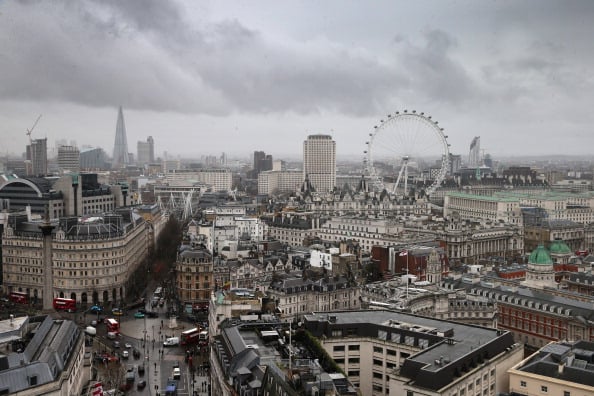Brexit: How will it affect GCC property investors?
London’s residential property market is now cheaper for investors from the Middle East

The break-up of Britain from the European Union on Friday saw the value of the sterling pound plummet overnight to reach multi-year lows.
While world markets reacted badly – startled by the news – officials in the Gulf Cooperation Council countries have asserted that the region’s financial institutions will not see much of an impact.
Read more: Saudi, UAE say Brexit to have little impact on their financial institutions
However, for those from the region who invested in the UK’s property market, the deterioration in the value of sterling overnight will have erased any gains in recent years, according to experts.
Head of research at consultancy Cluttons Faisal Durrani said: “Any US dollar or UAE dirham investors will find the price of an average prime Central London residential asset $96,000 (Dhs 350,000) less than it was on June 20.
“Conversely of course, London residential property is now $96,000 cheaper for international buyers looking to enter the market,” he said.
Investors from the GCC eyeing a London residential asset will find it 31 per cent cheaper than it was during the last market peak in Q3 2007.
“The longer term implications are too early to assess, but we may start to see the unlocking of London’s stalled residential property market, with investors both exiting and entering the market as we head towards a period of demand volatility,” Durrani added.
Also read: Brexit: How will it impact the GCC?
In the coming weeks, a combination of falling sentiment and those investors who are over-extended having to sell will result in some disposals, which will be likely to weigh on asset prices, KnightFrank said in a note.
“The combination of lower prices, plus exchange rate effect should then draw in overseas investors looking to acquire assets in the UK, attracted by a G7 country with a track record of achieving strong economic growth,” it said.
“The re-emergence of inflation, resulting from the devaluation, will in our opinion push investors towards growth assets later this year or early next.
“Also, in the coming months, more indication will emerge on the future direction of the UK economy. Consequently, we believe asset prices for the more robust sectors could be back to roughly where they were pre-referendum by summer 2017,” it added.
A report by CBRE in January found that Middle Eastern buyers invested £2.72bn on snapping up hotels in the UK in the previous year.
The UK was the biggest market for regional investors in the whole of Europe, the report said. Recent assets acquired by Middle Eastern investors include Claridge’s, The Connaught and the Berkeley in London’s Knightsbridge.
Meanwhile a CBRE report in June last year also stated that Middle East investors would soon account for up to 30 per cent of the sales of new prime London properties.
